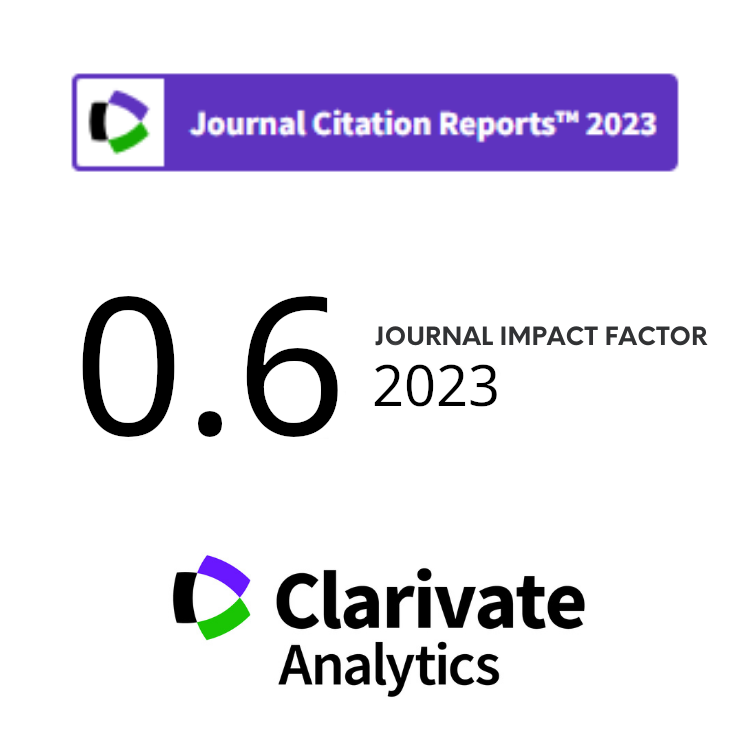Development of Pyrochemical Reprocessing of the Spent Nuclear Fuel and Prospects of Closed Fuel Cycle
Abstract
Molten-Salt Reactor (MSR) is a design of an advanced reactor system from the GEN IV family working in thermal or epithermal neutron spectrum and using thorium or transuranium fuel in the form of molten fluorides. It is based on the experience with the development of the molten-salt reactor technology in the Oak-Ridge National Laboratory in the United States. The MSR fuel cycle with integrated reprocessing represents one of the potential ways both for significant decrease of total amount of radioactive wastes for final deposition and for utilization of nuclear energy for electricity and heat production as effectively as possible. There are two pyrochemical reprocessing techniques studied in NRI Rez plc which are considered to be applied both for reprocessing of already existing spent fuel and for preparation and „on-line“ reprocessing of MSR fuel: (i) the Fluoride Volatility Method (FVM), which performs chemical conversion of spent thermal oxide fuel components into fluorides and their consequent separation by means of their different volatility, thermal stability and chemical affinity to various sorbents; and (ii) electrochemical separation of the actinides (Ans) and fission products (FP), represented mainly by lanthanides (Lns), from each other by electrolytic deposition method on solid cathode in molten fluoride media.
Keywords
Pyrochemical Reprocessing; Spent Nuclear Fuel; Closed Fuel Cycle; Molten Salt Reactor
Full Text:
PDFDOI: https://doi.org/10.17146/aij.2007.107
Copyright (c) 2016 Atom Indonesia

This work is licensed under a Creative Commons Attribution-NonCommercial-ShareAlike 4.0 International License.











